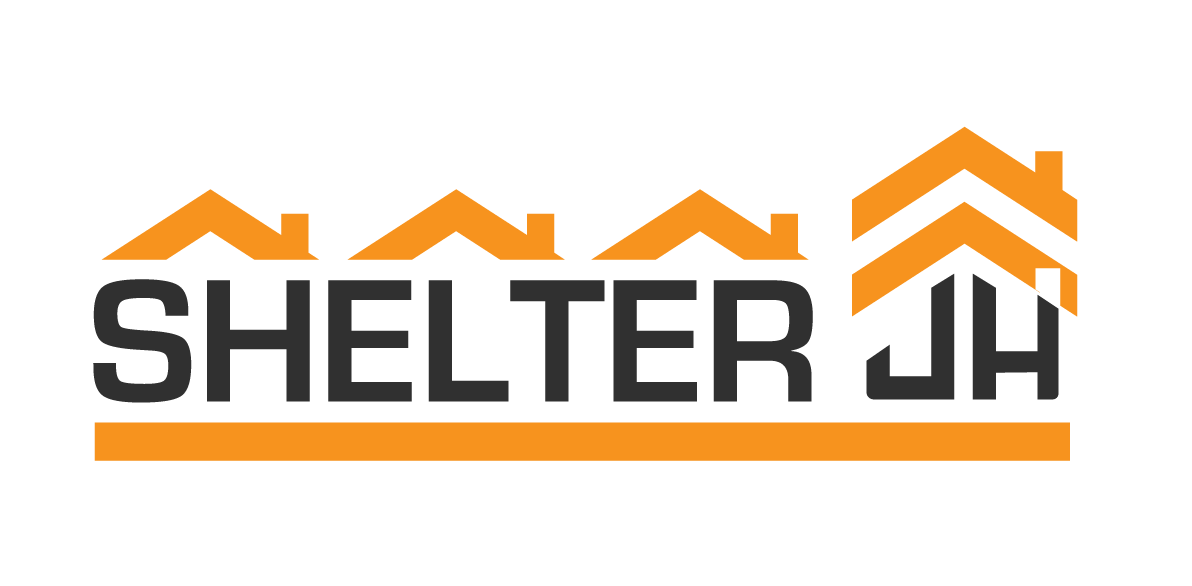As published in the Jackson Hole News & Guide, October 11, 2023
The debate over one of our best tools to fight the housing crisis is heading to Cheyenne — again.
Too many workers and families are still forced out of Teton County because costs are going up and jobs are still growing faster than housing. According to the best available data in the recent Housing Needs Assessment, we need to create 2,000 deed-restricted homes over the next five years just to maintain the percentages of workers living locally. To succeed, we’ll need to employ and strengthen all the tools in the toolbox.
The Wyoming Legislature recently started a “Regulatory Reduction Task Force” with a mission to remove barriers to fossil fuel extraction — then they threw in housing, too. Many of us can agree that we should streamline zoning regulations and make it easier to build deed-restricted permanently affordable homes for residents. Unfortunately, a few landowners are trying to use the task force to get rid of one of our best regulatory tools that has created hundreds of homes over the past few decades: housing mitigation.
“Housing mitigation” is an esoteric term, but it means that developers pay fees to build housing that workers need when they fill the new jobs created by the new development. It’s been working well here for many years. One of the main reasons we have a sizable stock of deed-restricted housing at all is because of the homes created by the housing mitigation requirement over time.
But why is mitigation in Cheyenne’s crosshairs at all? In 2019, a group of Jackson commercial landowners unhappy with the local decisions about mitigation rates tried to get lawmakers in Cheyenne to override local control and forbid towns or counties from utilizing this tool. Because the Legislature could have eliminated mitigation altogether, the town council and county commission at the time cut commercial mitigation rates in half in an attempt to placate lawmakers.
This decrease in rates has coincided with a boom in new hotel and short-term rental condo development. The lower requirements mean there’s less deed-restricted housing to offset all the new impacts.
Luckily, Jackson and Teton County hired a national expert in development economics to come up with a new mitigation framework based on detailed data. They worked with a group of community leaders, mostly in real estate and development. There was a robust discussion among stakeholders regarding the amount of profit in various kinds of development.
Most stakeholders agreed that lodging (hotels and short-term rental condos) has the largest profit margin, and therefore should have the highest mitigation rates (versus restaurants, where high rates could make new projects financially unviable). One of our former board members participated, too, and was impressed by the open and civil discussion — a far cry from the demonizing language that we hear at the state level. We support enacting the higher end of mitigation rates presented by the expert consultants.
We aren’t persuaded by the argument that mitigation rates are what stifles business development. The cost of land and labor continues to skyrocket, regardless of mitigation rates — these are the real macro-economic factors that are choking local development; however, we would strongly support mitigation rules that incentivize local “mom and pop” development over large chains. Many businesses here are struggling to keep their doors open because employees don’t have housing. More homes for workers is good for business owners, too.
In the end, mitigation asks developers to do their fair share to offset the direct impacts from their new developments. Their share then works in tandem with the many other tools our community uses — the community’s fair share. This includes public funding for housing like $20 million from the community housing SPET measure we worked on with many friends in the business community (and another $60 million for housing on SPET), zoning incentives (like the 2-to-1 bonus that has been deployed in many projects already), an impending massive upzone in Northern South Park and private philanthropy.
We hope and request that all stakeholders will respect the decisions made locally, and let Cheyenne know that we can sort out our differences together. Taking away local control and democratic decision-making would hurt our whole community, and we would lose the ability to chart our own future together.
Mitigation is a critical tool keeping our community balanced as we grow. Let’s support it together.

